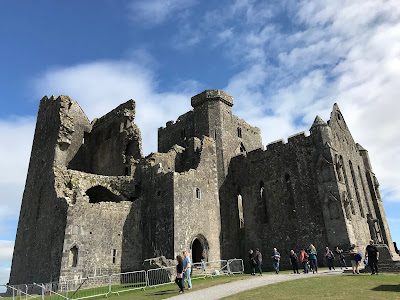Sapiens: The Finale
As I wrote last week, ignorance helped propel Sapiens to science, but it was science, capitalism and empire together that gave us the modern world. Science lent empires an ideological justification for exploration and discovery. The capital used to finance these explorations was made possible by credit, which is made possible by a belief that the future will be better than the present. "The idea of progress is built on the notion that if we admit our ignorance and invest resources in research, things can improve. This idea was soon translated into economic terms."
But science, capitalism and empire can only take us so far. Already, Harari argues, they have brought us unprecedented prosperity and peace (though not necessarily contentment). "Today humankind has broken the law of the jungle. There is at last real peace, and not just absence of war." Harari admits that his views are skewed by the year in which he was writing them. "If this chapter had been written in 1945 or 1962, it would probably have been much more glum."
I know Harari has a new book out, Homo Deus: A Brief History of Tomorrow, in which he describes what happens when "old myths are coupled with new godlike technologies such as artificial intelligence and genetic engineering."
He gives us a sneak preview at the end of Sapiens: "Despite the astonishing things that humans are capable of doing, we remain unsure of our goals and we seem as discontented as ever. ... Self-made gods with only the laws of physics to keep us company, we are accountable to no one. ... Is there anything more dangerous than dissatisfied and irresponsible gods who don't know what they want?"







































